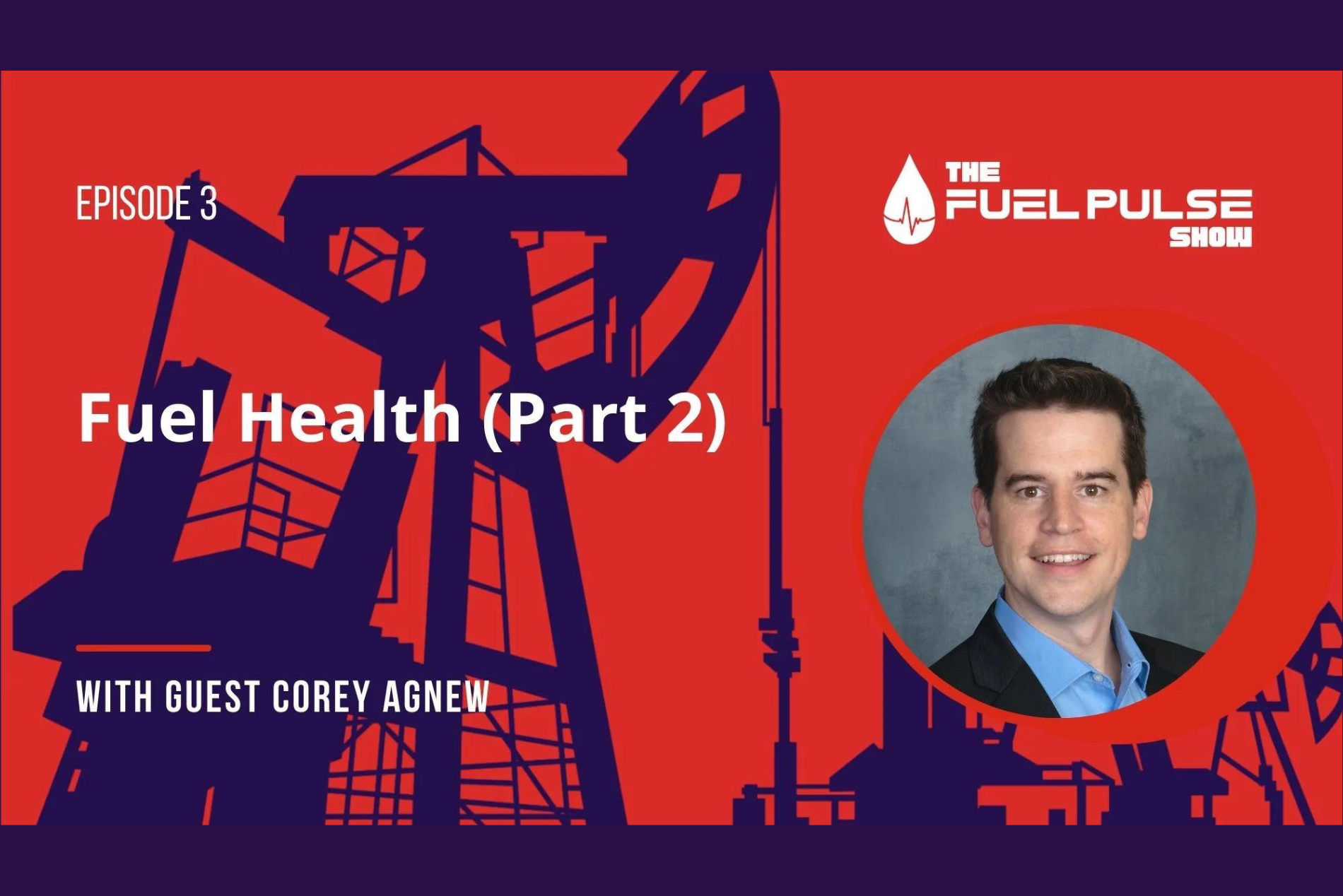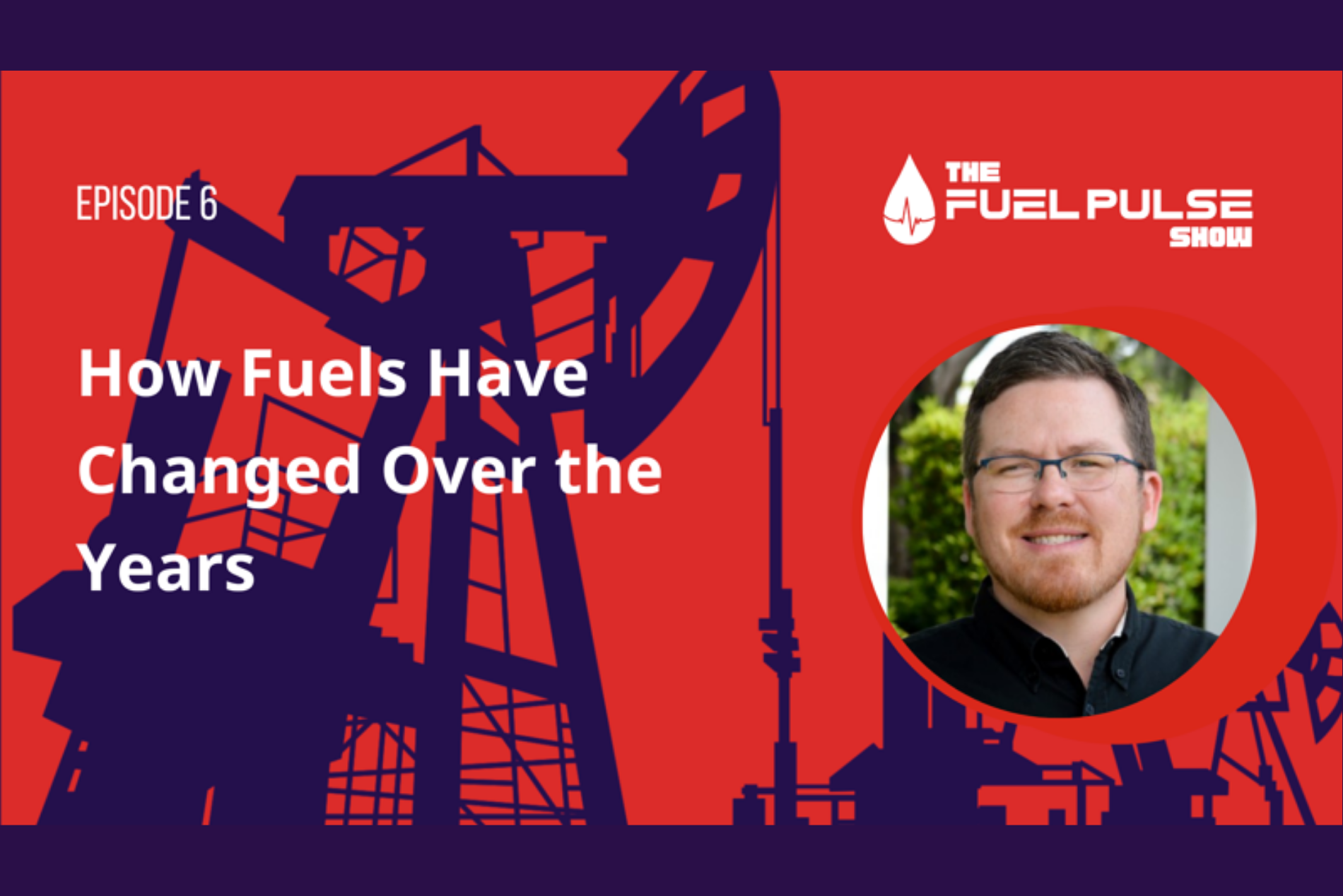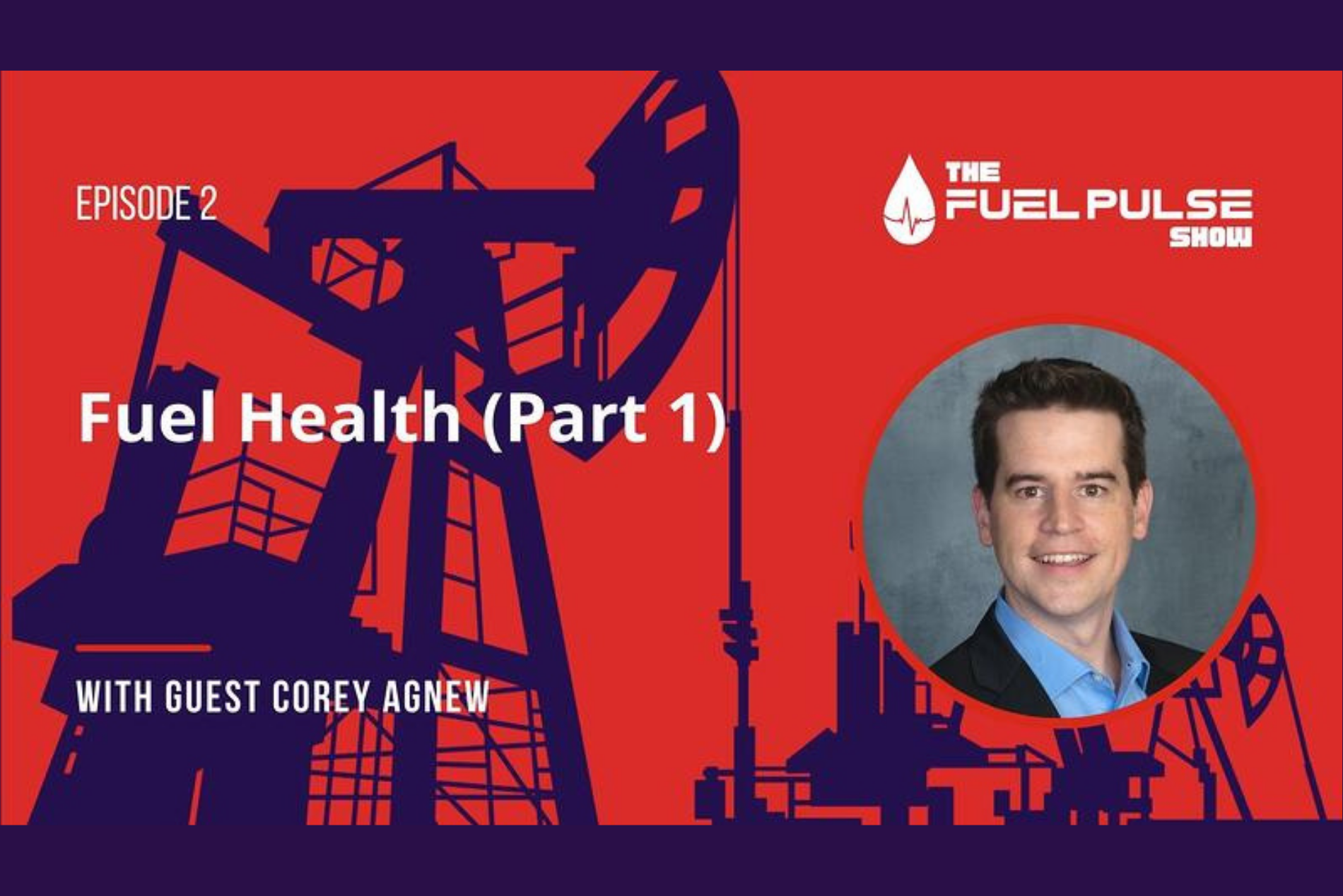Episode 003 - Fuel Health with Corey Agnew (Part 2)
Today we have Corey Agnew, the Director of Fuel Quality at Guardian Fueling Technologies, joining the show for part two of our conversation on fuel...


Fuel contamination has become a growing concern in recent years, as changes in fuel composition have created an environment where microbes can grow more easily than ever before. While microbial problems were once thought to be easily controlled by managing water buildup, this is no longer the case. As a result, storage tanks across the country are facing an impending microbial problem that could have serious consequences for those who rely on stored fuel.
In this episode, we will delve into the world of fuel contamination and explore the testing options available for detecting and preventing microbial growth. We'll discuss the reasons for the increase in microbial problems in recent years, the importance of testing your fuel sample quickly and thoroughly, and the various types of microbial tests available. We'll also provide tips for taking larger fuel samples and using biocides to combat microbial issues. Whether you have fuel in storage or simply want to learn more about this growing problem, this episode is a must-listen for anyone concerned about fuel contamination.

Today we have Corey Agnew, the Director of Fuel Quality at Guardian Fueling Technologies, joining the show for part two of our conversation on fuel...

Are the fuels of today the same as the fuels of the past? The short answer is no. Fuel and the way that we use fuel have changed immensely over the...

1 min read
If you think about the business marketplace out there—and all of the different places that use fuel in their operations—most store fuel in...